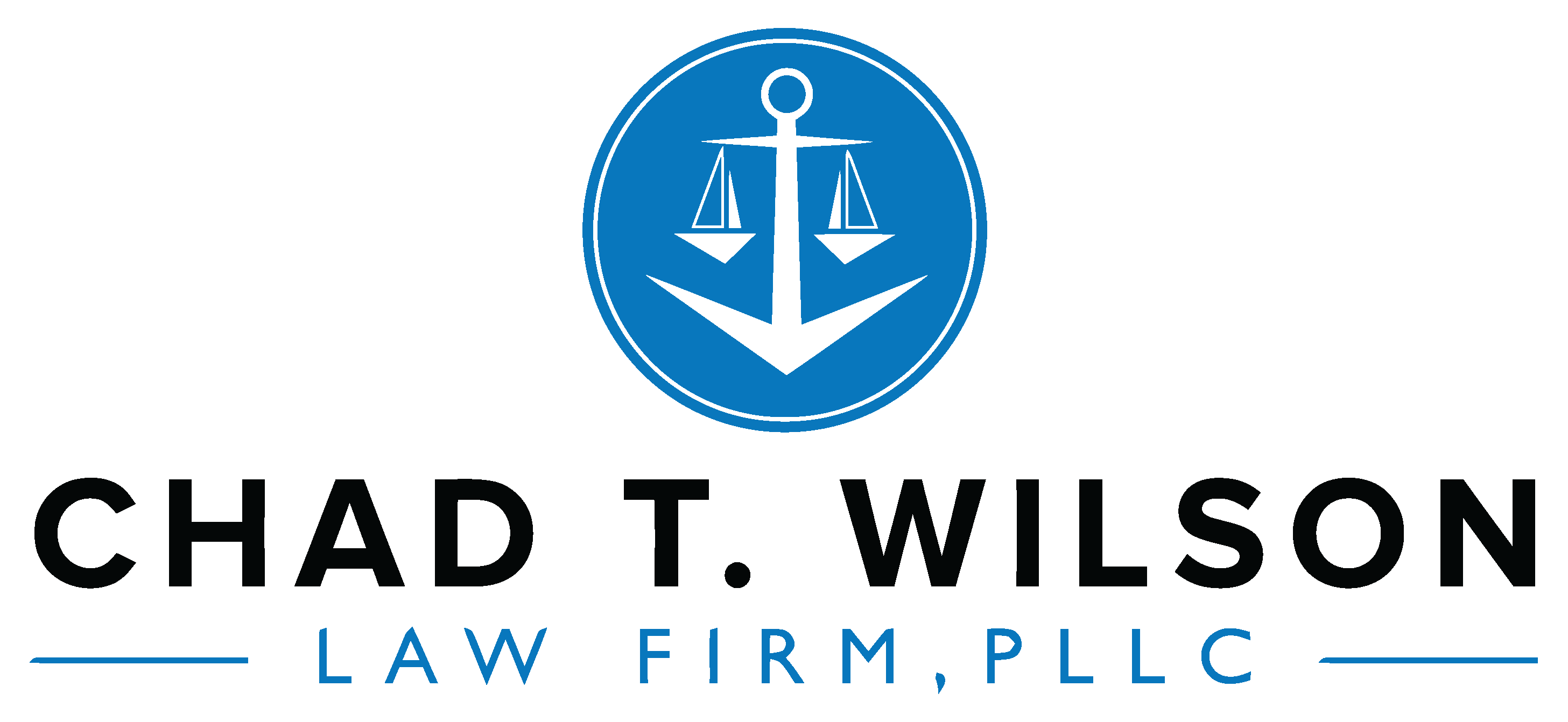
What is Property Mold Damage?
Property mold damage refers to the harm caused by the growth of mold within a building. Mold is a type of fungus that thrives in damp and humid environments, and when it colonizes indoor spaces, it can lead to various problems. Mold damage can affect building materials, compromise indoor air quality, and pose health risks to occupants. Here are some aspects of property mold damage:
- Structural Damage:
- Cause: Prolonged exposure to moisture and humidity can lead to mold growth on structural materials such as wood, drywall, and insulation.
- Consequences: Mold can weaken and deteriorate these materials over time, potentially compromising the structural integrity of the building.
- Discoloration and Staining:
- Cause: Mold growth often results in visible discoloration and staining on walls, ceilings, and other surfaces.
- Consequences: Aesthetic damage can reduce the appeal of interior spaces, necessitating cleaning, repainting, or refinishing.
- Odor Issues:
- Cause: Mold produces musty and unpleasant odors, especially in areas with significant growth.
- Consequences: Persistent mold odors can be unpleasant for occupants and may be difficult to eliminate without addressing the underlying mold issue.
- Health Risks:
- Cause: Exposure to mold spores and mycotoxins can lead to a range of health issues, including allergies, respiratory problems, and other adverse reactions.
- Consequences: Mold-related health concerns can impact the well-being of occupants, especially those with pre-existing respiratory conditions or compromised immune systems.
- Contamination of Belongings:
- Cause: Mold can grow on personal belongings, furniture, and other items within the property.
- Consequences: Contaminated belongings may need to be cleaned, discarded, or replaced, depending on the severity of the mold infestation.
- HVAC System Contamination:
- Cause: Mold spores can circulate through the HVAC (Heating, Ventilation, and Air Conditioning) system, spreading mold throughout the building.
- Consequences: Contaminated HVAC systems can contribute to ongoing mold problems and compromise indoor air quality.
- Adverse Effects on Indoor Air Quality:
- Cause: Mold releases airborne spores that, when inhaled, can impact indoor air quality.
- Consequences: Poor indoor air quality can lead to respiratory symptoms, allergic reactions, and other health issues among occupants.
Preventing and Addressing Mold Damage:
- Moisture Control:
- Address water leaks, fix plumbing issues promptly, and maintain proper ventilation to prevent excessive moisture and humidity.
- Regular Inspections:
- Conduct regular inspections for signs of water damage, leaks, or dampness, and address issues promptly to prevent mold growth.
- Proper Ventilation:
- Ensure adequate ventilation in areas prone to humidity, such as bathrooms, kitchens, and basements.
- Prompt Cleanup:
- Address water damage and spills promptly. Clean and dry affected areas within 24-48 hours to discourage mold growth.
- Professional Mold Remediation:
- Engage professional mold remediation services if mold growth is extensive or if there are health concerns. Professionals can safely and effectively remove mold and restore the property.
- Use of Mold-Resistant Materials:
- Consider using mold-resistant building materials, especially in areas prone to moisture.
Property owners should be proactive in preventing mold damage by addressing water issues, maintaining proper ventilation, and promptly addressing any signs of mold growth. If mold is already present, seeking professional assistance is essential for effective and safe remediation.
Learn more about our attorneys:
https://cwilsonlaw.com/meet-the-team-chad-t-wilson-law-firm-pllc-insurance-attorney/
Follow us on Social media:
https://beacons.ai/chadtwilsonlaw
Contact our Chad T. Wilson Law Firm Office Locations to Schedule a free Consultation.
Chad T. Wilson is an attorney whose firm specializes in property insurance disputes.
« Back to Glossary Index





